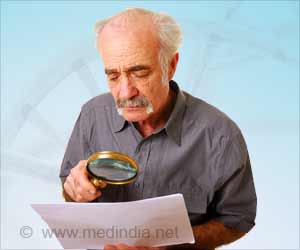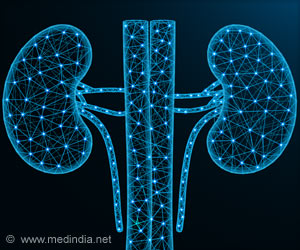on cardiac interoception, which is an interoceptive submodality that has important links to emotional processing and bodily self-awareness.
Thirty-six blind and as many sighted individuals were asked to count their heartbeats without checking their pulse or touching their bodies. At the same time, the researchers recorded the participants’ actual heartbeats with a pulse oximeter.
Then, they compared the reported with the recorded numbers to assess to what degree the participants were able to sense their heartbeats. The analysis showed that the blind participants were superior at sensing their heartbeats than sighted participants.
Advertisement
The blind group had an average accuracy of 0.78 while the sighted group had an accuracy of 0.63 on average, according to a scale where 1.0 represented a perfect score. The blind participants were much better at counting their heartbeats than the sighted participants in our study and several previous studies.
These findings published in the Journal of Experimental Psychology General give us important information about the brain’s plasticity and how the loss of one sense can enhance others, in this case, the ability to feel what happens inside your own body.
According to the researchers, this ability to sense heartbeats may provide an advantage when it comes to emotional processing. Prior studies have linked the degree of interoceptive accuracy, that is the ability to sense the internal state of the body, to how well people perceive emotions in themselves and others.
It is known that heart signals and emotions are closely interlinked; for example, our hearts beat faster when we experience fear. It is possible that blind individuals’ enhanced sensitivity to signals from their hearts also impacts their emotional experiences.
The research group will now continue to study how blind individuals perceive their bodies, examining if structural changes in the visual cortex, the brain region normally responsible for vision, may explain the increased ability to sense signals from the inside of the body.
Source: Eurekalert



